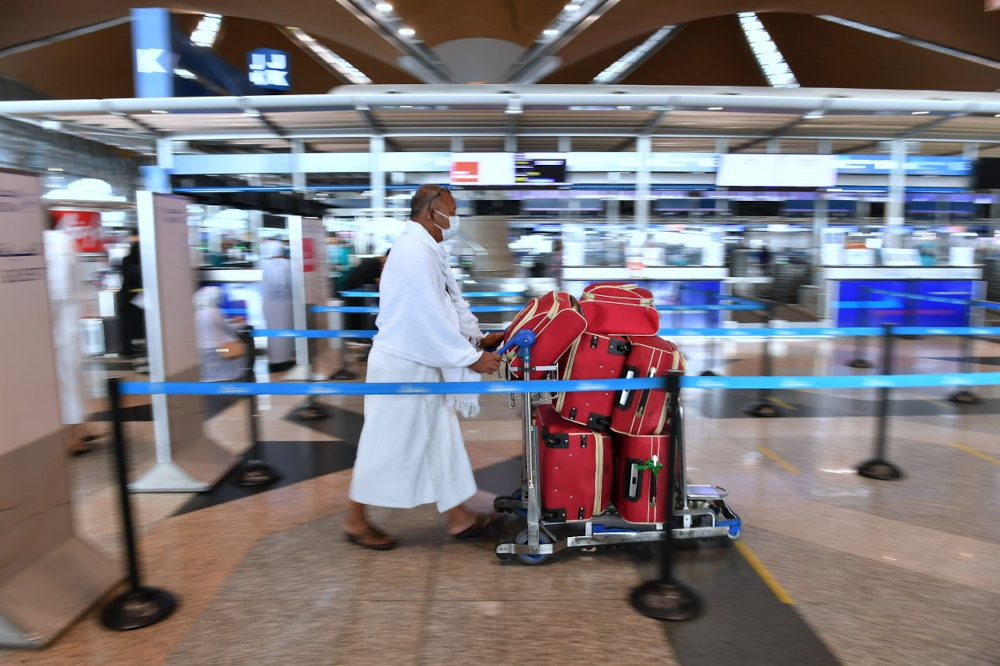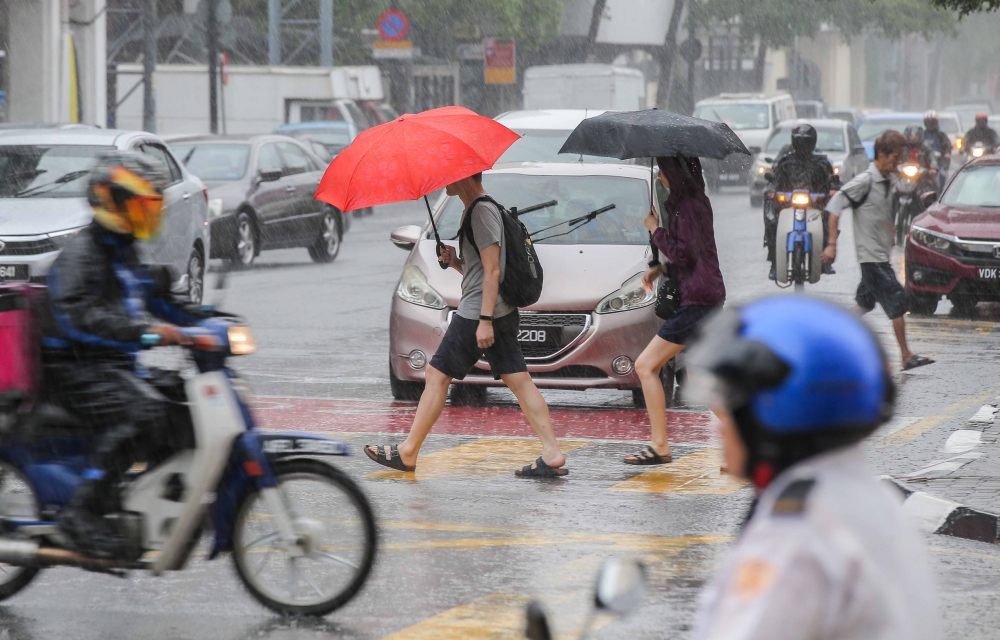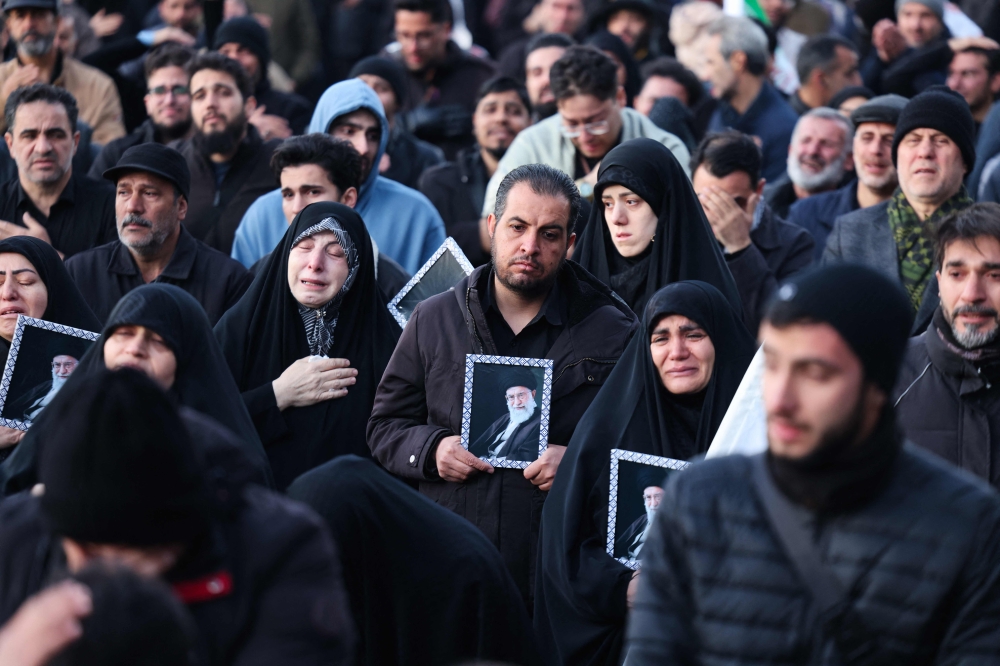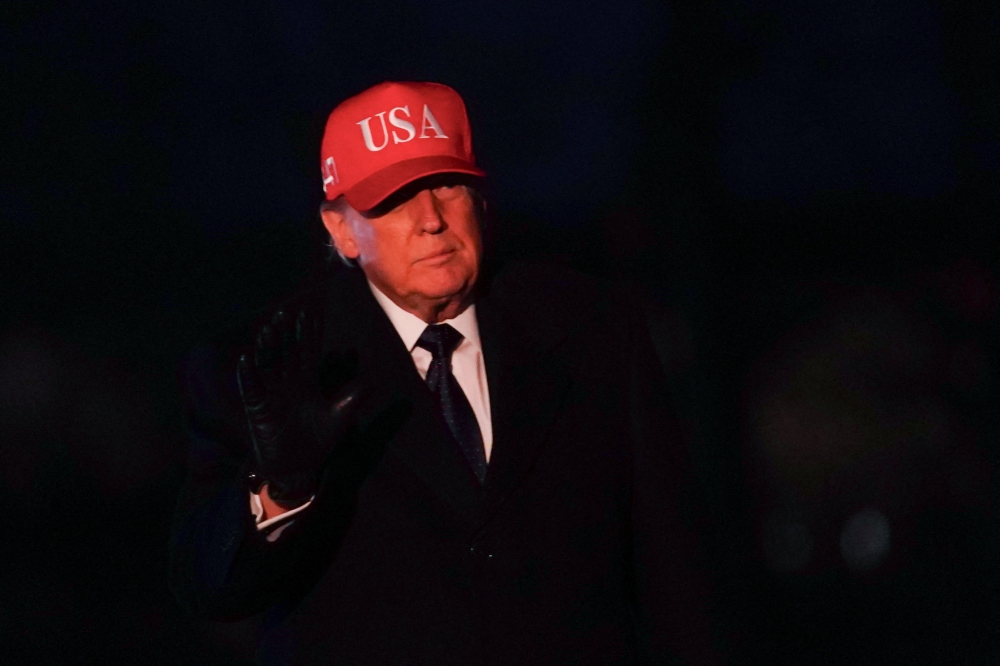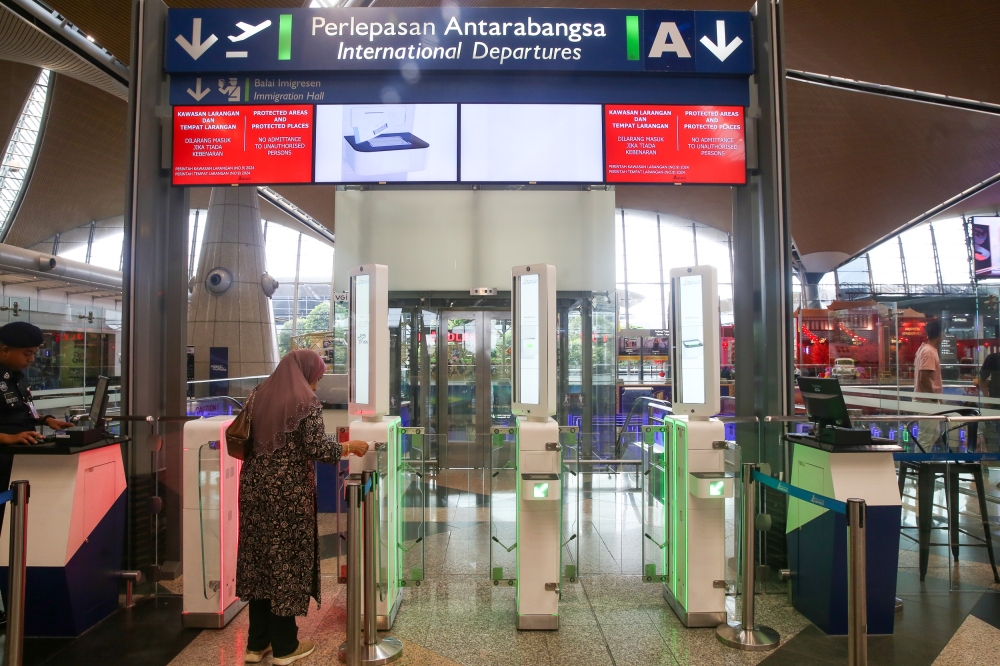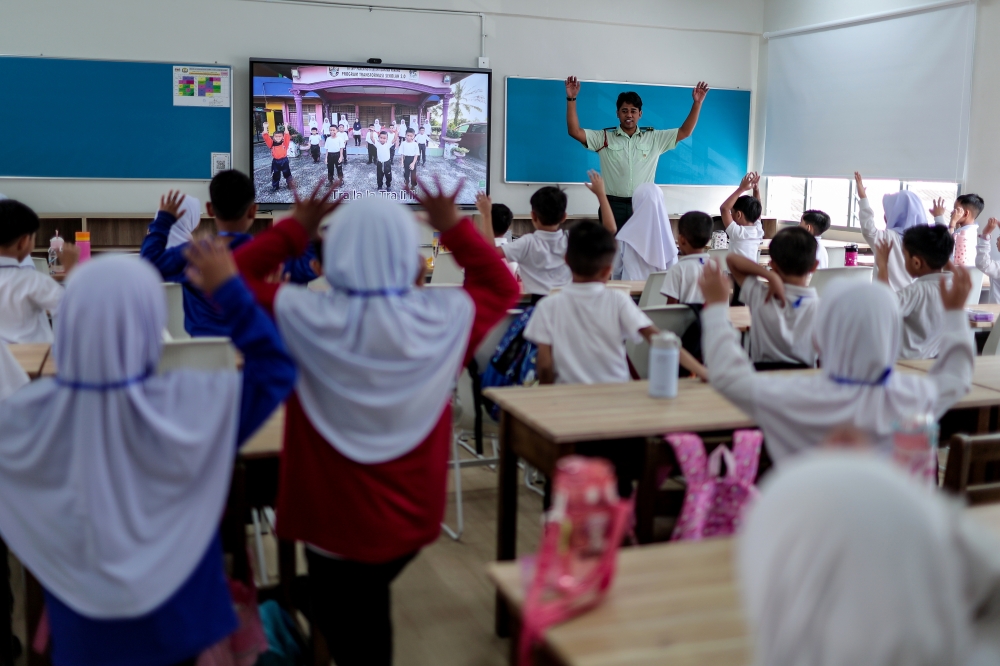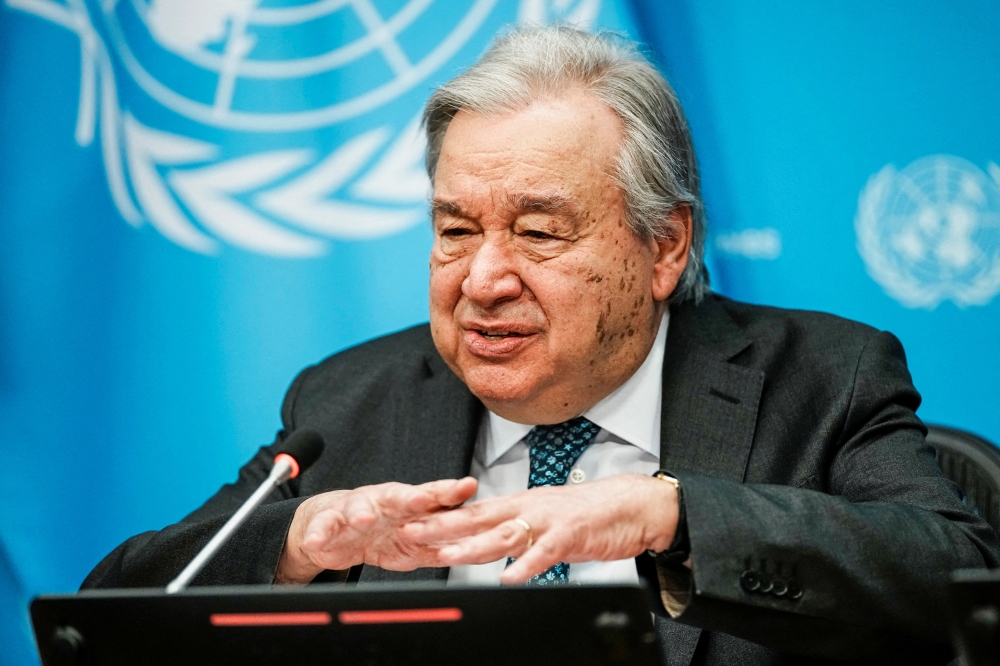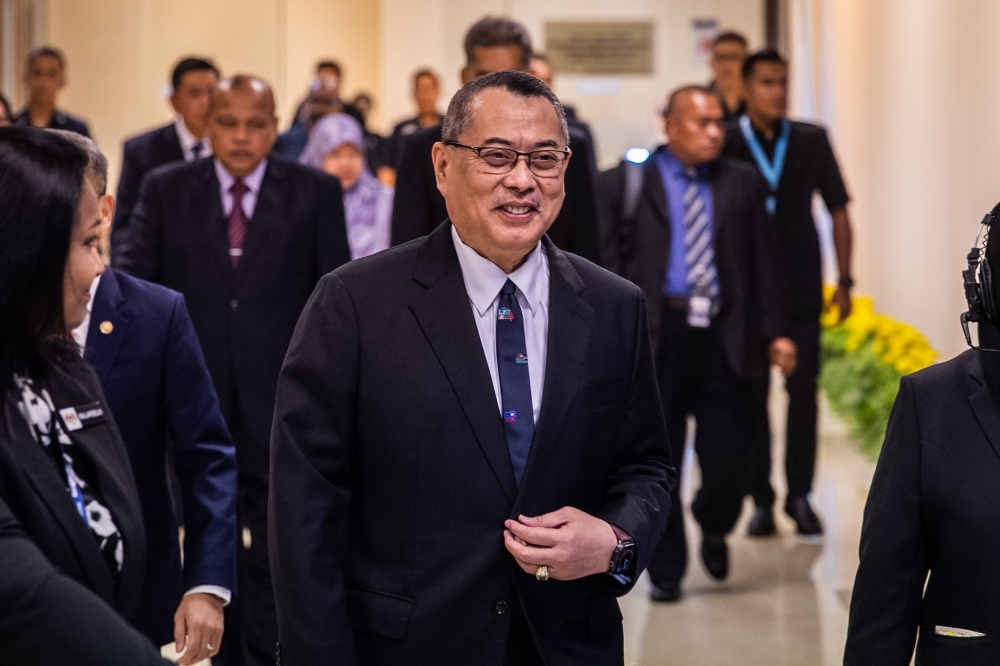MAY 9 — The world has been hit hard by the Covid-19 pandemic. While Malaysia has been relatively less affected compared to other countries, this offers little consolation to Malaysians who lost their loved ones, their jobs or their freedoms (temporarily). Although we are still in the emergency phase, thoughts must now shift to the recovery phase. As we re-imagine Malaysia’s post-Covid-19 health social contract, what can Malaysia do? We offer three suggestions.
Greater investment in our health system
In truth, Malaysia’s health system has been under strain for a while, even before Covid-19. In a statement last year, alarms were sounded that our public healthcare system was “underfunded, understaffed, underpaid, overworked, overstretched and with facilities overcrowded with patients.” This pandemic has only highlighted the strained nature of our public healthcare system.
Overall, Malaysians are highly dependent on public provision of healthcare. In 2015, more than 75 per cent of Malaysians reported that they preferred to go to public healthcare facilities when they faced major health problems such as cancer and heart disease.
Beyond just gratitude and applause, perhaps we also owe workers in the public healthcare facilities greater funding. In 2017, Malaysia’s total health spending (both public and private sectors) amounted to only 4.2 per cent of the country’s GDP. 52 per cent of this money went to public sector hospitals and clinics, treating approximately 75 per cent of all Malaysians. While the government has been increasing its spending on health, more is needed to fund a strong healthcare system.
Given the government’s constrained fiscal capacity, a sharp rise in health spending may not be feasible. However, we urge the government to commit to increasing health spending in fiscally responsible annual increments to achieve a target health spending of 6 – 7 per cent of Malaysia’s GDP within the next few years. This would put Malaysia’s health spending on par with peer group countries such as Mexico (5.5 per cent of GDP), Cambodia (5.9 per cent) and South Korea (7.6 per cent).
The additional funding could be channelled to increasing the number of permanent posts for healthcare workers. Doctors, nurses, paramedics and pharmacists are essential workers all the time, not just during pandemics. Improving terms of service and ensuring adequate numbers of health professionals is not only a sign of gratitude, but a clear signal that the government of the day truly prioritizes health.
More emphasis on preventive health services
The function of a public healthcare system is not just to cure diseases; it is also responsible for preventing diseases. Investing in these preventive services has been shown to have high value for money. By preventing many diseases from happening in the first place, we can reduce the need for treatment and/or curative care later on. For example, evidence shows that preventive interventions reduce cardiovascular deaths by approximately 78 per cent. Preventive health interventions can also lower rates of diabetes and high blood pressure. Not only does this make economic sense, prevention reduces the suffering of human beings and increases their physical and health resilience to infectious diseases like Covid-19.
Yet, when financial resources are limited, preventive services are frequently side-lined by the more immediate need for curative care. In 2017, Malaysia spent only 7 per cent (approximately RM4 billion) of our total health expenditure on preventive services, whereas 70 per cent was spent on curative care services. The government funded almost the entire preventive care budget.
This sum of RM4 billion has stretch to cover vaccinations, health promotion campaigns, screening programmes, family planning services and countless other public health programmes for the entire nation. The government also funds the country’s disease surveillance and control programmes, which are crucial in giving early warning of potential outbreaks such as Covid-19, from that money.
The case for investing in preventive services has long been evident. It is time we act on this evidence and increase our spending on preventive health services.
Institutionalise a health reform act and committee
Public health is always a political choice. Although biology is a significant factor in determining health status, social factors such as housing conditions, income levels and gender roles can also play a substantial role in determining the population’s health. These social factors are, for better or for worse, significantly affected by politics and the ideologies of those in power.
However, health is arguably too important to be unduly subject to politics. In many countries, political changes often present a stumbling block for health reforms and improvements. As such, we propose Malaysia to pass a Health Reform Act creating a permanent, bipartisan vehicle for health reforms in Malaysia, possibly in the form of a Parliamentary Select Committee.
It is important that members of the Committee council be independent and well-qualified. We may also consider including experts of various fields, as a first step towards adopting a Health in All Policies approach, which considers the health implications of health in all public policies across all sectors.
There are strong reasons for this. Health reforms in other countries traditionally take 10 – 20 years, and Malaysia’s reforms must survive political transitions and changes of leadership. Staffing the Committee with credible technocrats will give it experience and expertise, while allowing the experts to “get on with the job” no matter Malaysia’s future political landscape.
Our health system and health policies cannot be a priority only when pandemics hit. Covid-19 has highlighted the pressures faced by our health system, and we should not waste the political momentum of this crisis.
Post-Covid-19, we must better fund our health system, focus on preventive services, and build a vehicle to ensure long-term reforms. We must resist the urge to let our guard down once the Covid-19 crisis is over. The best time to prepare for the next public health crisis is now.
** This is the personal opinion of the writer or publication and does not necessarily represent the views of Malay Mail.

